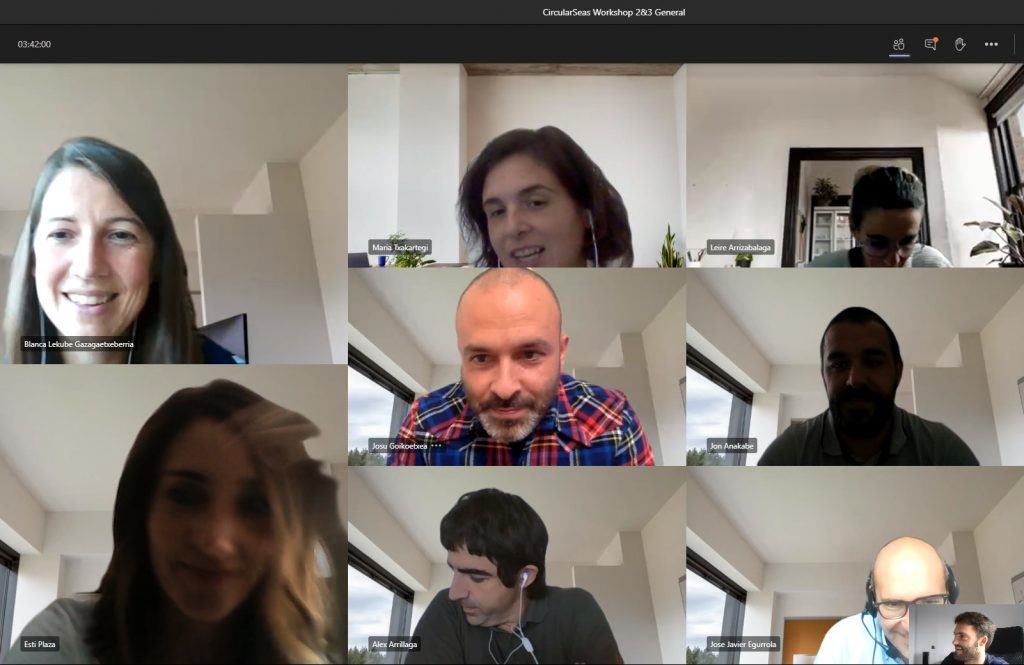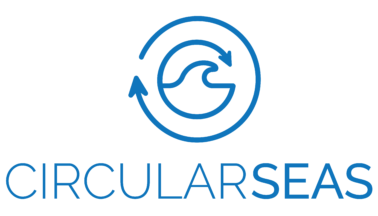“Leartiker and Azaro Fundazioa have held more workshops”
Despite the fact that due to the current situation, the workshops had to be held online, the call has been a success.

The workshop program was led by Leartiker and was in three parts.
In the first part, they analyzed the Circular Economy and 3D printing of the Basque Country with the collaboration of BRTA (Basque Research and Technology Alliance) and Leartiker Polymer R&D. In the second and third parts, two creative sessions were held in which the participants, based on four success stories, have identified sustainable products from the maritime sector to later define the business model and finally to make a presentation of the model business developed.
Representatives of the maritime industry sector and other companies interested in innovating around Circular Economy technologies and 3D printing participated in the conference. Rikardo Bueno, general director of the BRTA, has referred in his speech to the contribution made by the Basque technology centers to the Circular Economy. In this sense, he stressed that research and development are fundamental to the European “Green Deal” agreement and that the strategy of the Circular Economy in the Basque Country is to develop new material, technological and business models, as well as to transfer the acquired knowledge.

Alex Arrillaga, coordinator of new materials at Leartiker, spoke about FDM technology for 3D printing. This technology was chosen for the CircularSeas project because it requires less investment and offers flexibility and agility: “It is easier to understand and more manageable for anyone”. In addition, he stressed that the objective of this project is that the thermoplastic raw material that is used for printing is recycled and sustainable. So, you have to think about which polymeric material to use depending on the piece you want to manufacture.
The creative sessions have focused on the marine industries that appear in the CircularSeas project: the fishing sector, aquaculture, the auxiliary industry and the recreational sector.
These activities will feed into business case workshops 2 and 3, which are scheduled for the summer of 2020, to explore in more detail the creation of new supply chain and business models for these businesses, centred around the circular economy approach and upcycling of our end of life materials.
The participants were divided into four groups and they identified and defined sustainable products from the maritime sector, taking into account that they must be recycled, biodegradable or with improved characteristics. For this, they had the collaboration of the MATER Barco Museo Ecoactivo, Ternua, Indart3D and Eko-REC, who have shared their successful experiences in this area. Likewise, the characteristics of the different waste was identified to be able to specify new ideas; products that can be useful in the maritime sector; those that are more fragile or with certain characteristics; those that need to be personalized; and the inconveniences and risks that the generation of sustainable products can have among others. Afterwards, each group has chosen one of the ideas that came out of the creative session and they have developed a business model around this product based on the Ecocanvas model. To do this, they specified what is the value of the product, its contribution to the market or to a need, the fundamental resources or what improvement the creation of this product would have with respect to the environment. Finally, the four groups have carried out a round table discussion of the chosen ideas.
The organizers were satisfied with the enthusiasm shown by the participants and the quality of the ideas developed. Moreover, they have stressed that “some of them may have a place in the CircularSeas project.” Finally, the organizers are grateful for the support received from technology centers and universities related to knowledge and from government institutions that work for the economic development of our region.


